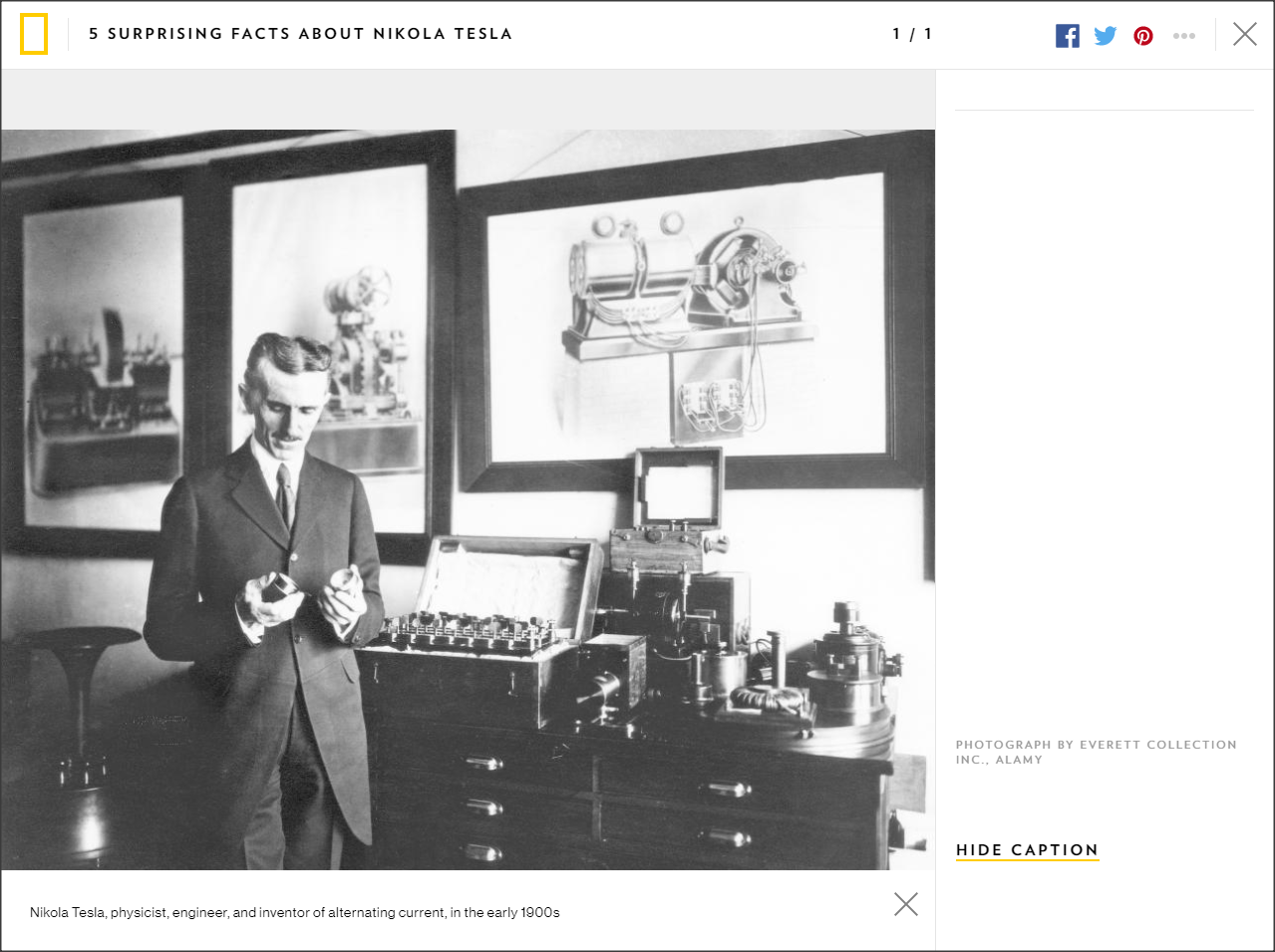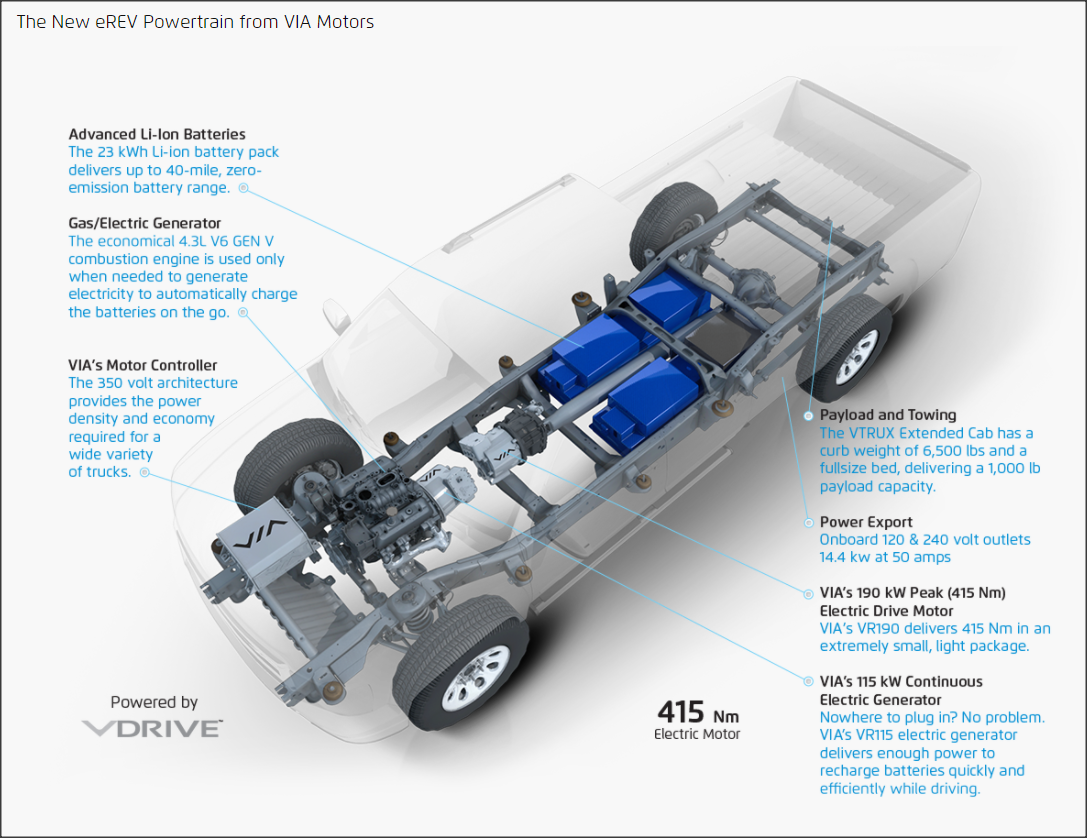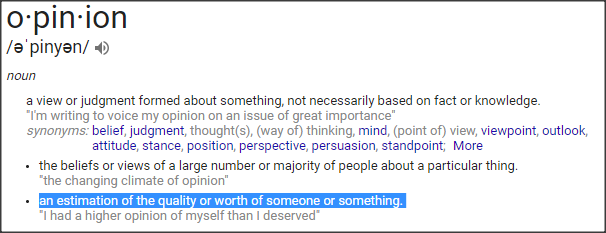MikeTrike
Fully [H]
- Joined
- Nov 16, 2005
- Messages
- 17,034
lol. Elon released the charging infrastructure standard for nothing. To say there isn't one is to really be behind the times. They're everywhere. People do long trips all the time in them.
One example... For reference...
https://www.plugshare.com/
![[H]ard|Forum](/styles/hardforum/xenforo/logo_dark.png)





